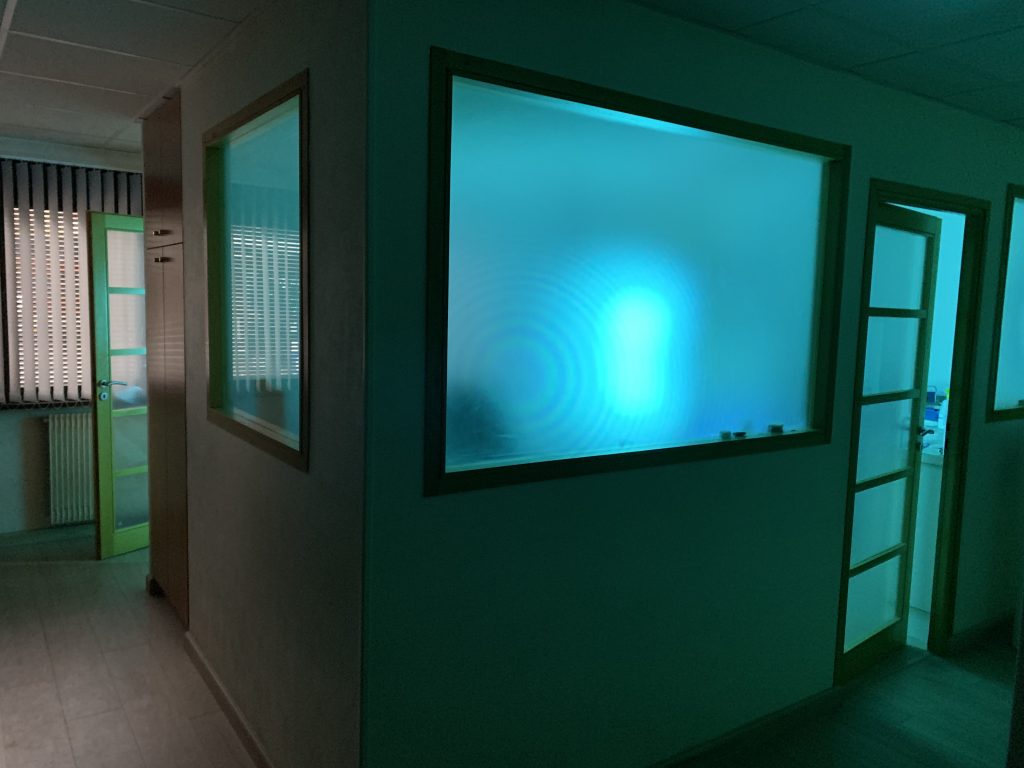Troubles de l’ATM : Solutions expertes chez Thonon Orthodontie

TMJ Disorders
What are TMJ (temporomandibular joint) disorders?
A decentering of the temporomandibular joint, of whatever origin, will cause pain and muscle contractures. These will increase the pressure in the joint. A vicious circle is engaged.
Understanding TMJ (Temporomandibular Joint) Disorders
Disorders of the TMJ, or temporomandibular joint, involve an off-centering of this joint, causing pain and muscular tension. These amplify the pressure in the joint, starting a vicious circle.
Ces troubles se divisent généralement en trois catégories distinctes :
- Muscle Disorders : Muscle contractures and tensions.
- Joint Disorders : Joint dysfunctions and disorders.
- Arthritis of the TMJ : Inflammation and joint problems related to arthritis.
Understanding these different categories of TMJ disorders is essential to take appropriate measures and promote targeted treatment.
To learn more about the management and treatment of TMJ disorders, do not hesitate to consult our specialized resources.
The causes
A TMJ disorder can appear following trauma to the jaw.
TMJ disorders affect both sexes, at all ages. One in 2 adults suffer from a TMJ disorder, but only one in 10 consults. Meniscal pathology of the temporomandibular joint is 3 times more common in women aged 20 to 40 than in men of the same age.
Certain particular morphologies can cause TMJ disorders:
Other circumstances constitute favorable ground:
- Stress (which will cause jaws to tense),
- emotional shocks,
- Fatigue ,
- Anger,
- Cold, humidity and wind,
- Whiplash during a road accident,
- Anxio-depressive personality,
- Nasal ventilation disorders,
- Chewing gum abuse,
- Onychophagia (eating your nails),
- Sleep while lying on your stomach,
- Scuba diving, snorkeling,
- Music (violin, tuba, etc.),
- Rules.

Symptoms of a TMJ disorder
The signs of a TMJ disorder are numerous and varied. Some of the signs are typical and may be present since adolescence:
- Crackles or crackles when opening the mouth,
- Clicks at maximum opening,
- Discomfort when chewing,
- Limited mouth opening,
- Jaw blockages,
- Recurrent dislocations of the jaw,
- Fatigue, contractures or pain of the masticatory muscles.
- Other symptoms are more difficult to trace to their exact origin:
- Nocturnal bruxism (teeth grinding),
- Facial pain in the masticatory muscles,
- Bites on the inside of the cheeks,
- Gingivitis,
- Loss of balance,
- Sinusitis pain,
- Headaches and migraines,
- Facial neuralgia,
- Pain in the cervical vertebrae (cervicalgia),
- Ear pain (otalgia) radiating towards the neck or cervical spine,
- Dizziness,
- Ringing in the ears (tinnitus),
- Hypersweating and redness during meals,
- Burning sensation in the tongue,
- Metallic taste in the mouth,
- Shoulder pain, similar to scapulohumeral periarthritis.

Diagnostic
Dental panoramic is essential.
Who to consult? The stomatologist is able to diagnose and treat a TMJ disorder. Due to the diversity of signs, you may first have to consult a neurologist, an ENT specialist or a dentist.
What is the reference exam? Classic radiography represented by dental panoramic can highlight a morphological joint anomaly (deformation of the condylar head), osteoarthritis or a pure dental origin (wisdom teeth). The CT scan or MRI will highlight the meniscus and the ligamentous apparatus of the joint. As for the analysis of the occlusion, it can be obtained by a molding.
Main treatments for temporomandibular joint disorders
Functional treatment relieves more than 90% of patients.
Main treatments for temporomandibular joint disorders
Functional treatment relieves more than 90% of patients
FUNCTIONAL TREATMENT
Symptomatic treatment of pain, in the event of painful flare-ups, in particular: analgesics, anti-inflammatories, muscle relaxants.
Wearing a removable nighttime dental splint to improve dental occlusion.
Selective dental grinding.
SURGICAL INTERVENTION
Irreducible meniscal dislocation (the intervention consists of fixing the meniscus on the temporal or maxillary side of the joint);
Perforation méniscale ;
Osteocartilaginous joint injury.
Do natural medicines have their place as a complement to treatment?
In case of stress, relaxation allows you to relax contracted muscles and therefore relieve the TMJ.
Preventing a TMJ disorder involves correcting exposure factors:
Elimination of chewing gum;
Stop eating your nails;
Alternate sleeping on the side;
Protection of teeth when practicing risky sporting activities (rugby etc.);
Limitation of mouth opening when yawning;
Choice of soft foods;
Ice pack placed in front of the joint after trauma.